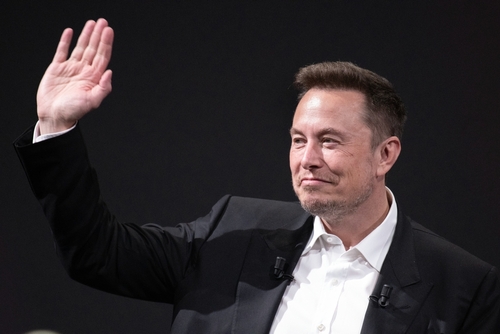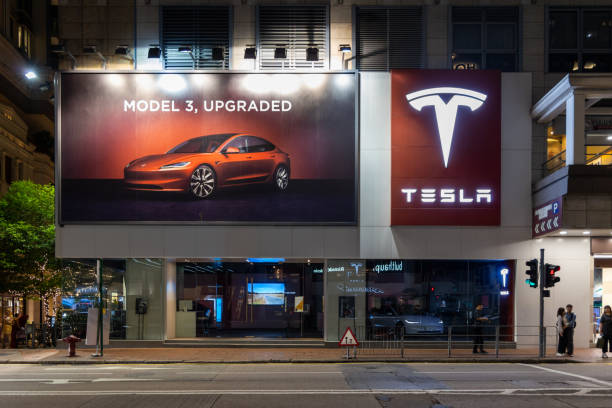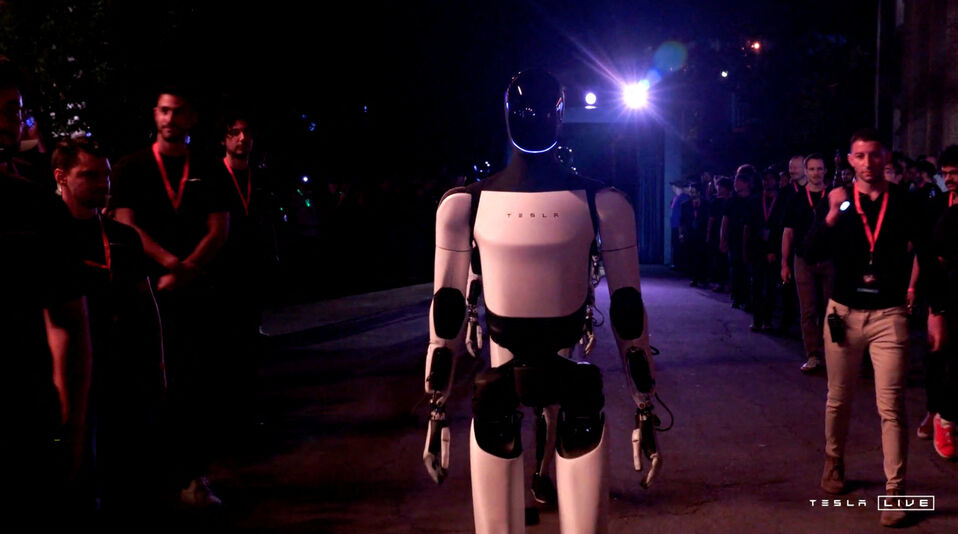Tesla’s 2025 Shareholder Meeting Showdown: Musk’s Leadership and Tesla’s Crossroads
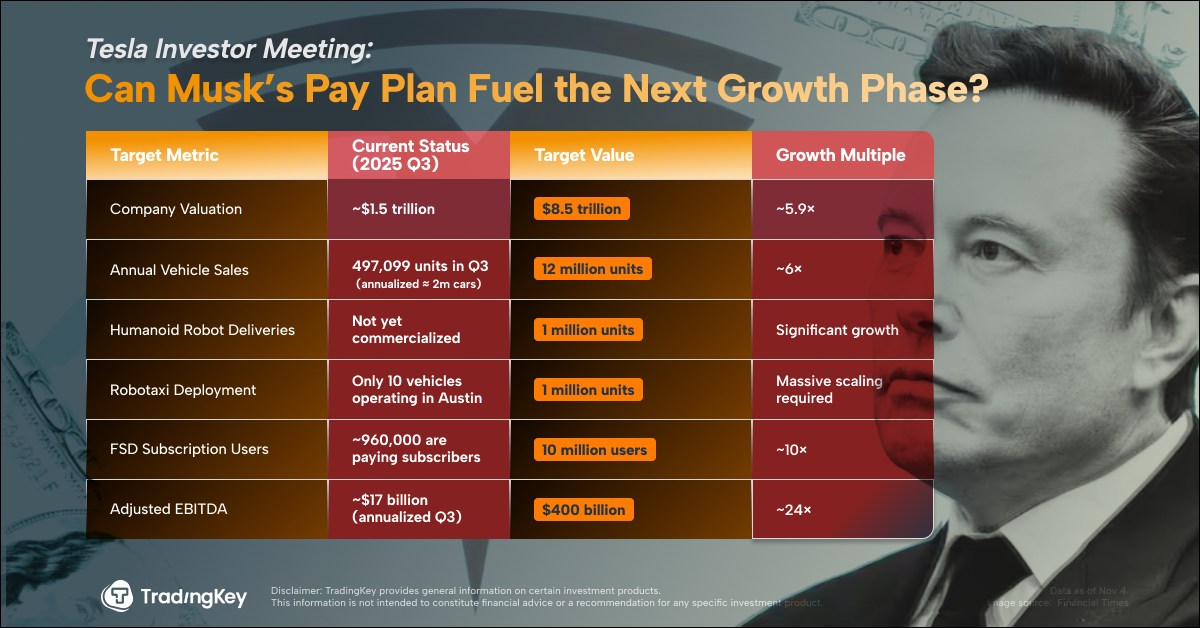
TradingKey - Tesla (TSLA), the electric vehicle leader, will hold its 2025 Annual Shareholder Meeting on November 6. Dubbed by CEO Elon Musk as a moment that will “decide Tesla’s future and shape the world’s,” the event centers on one pivotal question: Will shareholders approve Musk’s proposed $1 trillion compensation package — a vote that could determine whether he remains at the helm and continues driving Tesla’s ambitious AI and robotics agenda.
According to Tesla’s official proposal list, shareholders will vote on three key items:
- 2025 CEO Performance Award
- Amended & Restated 2019 Equity Incentive Plan
- Election of Directors
The first item is the undisputed focal point for investors and markets alike.
The $1 Trillion Pay Package: A High-Stakes Bet on Musk’s Vision
In early September, Tesla’s board proposed a 10-year, $1 trillion stock incentive plan tied to aggressive milestones in market capitalization and operational targets. If approved, Musk would receive up to 12% additional equity in Tesla — with no cash salary — contingent on achieving transformative goals in AI, autonomy, and robotics.
The structure is designed so that Musk earns nothing unless Tesla delivers extraordinary value to shareholders.
However, the proposal has sparked intense debate:
- Supporters see it as essential to retain Musk — the company’s visionary founder and driving force.
- Opponents warn of excessive dilution, lack of oversight, and over-concentration of power.
Just two days before the vote, Norway’s sovereign wealth fund — one of Tesla’s top 10 shareholders — announced it would vote against the plan, sending Tesla shares down over 5% and casting uncertainty over the outcome.
Why Major Investors Are Pushing Back
While the pay package aims to align Musk’s incentives with long-term shareholder value, several influential voices oppose it.
Proxy Advisors: Glass Lewis & ISS
Both Glass Lewis and Institutional Shareholder Services (ISS) recommend voting against the plan, citing:
- The “staggering scale” of the potential payout
- Lack of clear safeguards ensuring Musk dedicates sufficient time to Tesla, given his roles at SpaceX, xAI, X (formerly Twitter), and other ventures
- Concerns about executive overreach and governance risks
Notably, both firms also opposed Musk’s $56 billion 2018 pay package — which ultimately passed with 84% shareholder approval last year.
Musk responded sharply:
“I just don’t feel comfortable building a robot army and then being ousted because of some asinine recommendations from ISS and Glass Lewis who have no freaking clue.”
Norway’s Sovereign Wealth Fund
The fund, Tesla’s seventh-largest shareholder, became the first major investor to publicly oppose the plan. It stated:
““We are concerned about the total size of the award, dilution, and lack of mitigation of key person risk — consistent with our views on executive compensation.”
It added it hopes to continue constructive dialogue with Tesla on governance and strategy.
There Is No “Elon mark 2”
Musk’s importance to Tesla is evident in the direct correlation between his engagement and the company’s stock performance.
- When Musk diverted attention to political activities and public controversies, Tesla’s stock halved.
- Over the past six months, as Musk refocused on Tesla — amid easing trade tensions — shares have rebounded over 90%.
Robyn Denholm, Chair of Tesla’s Board, has been a vocal advocate for Musk’s indispensable role. She said that Elon is a once-in-a-generation CEO. His vision and execution are critical to achieving their most ambitious goals.
Denholm revealed that Musk has repeatedly warned: if he doesn’t have more than 25% voting control, he’ll leave Tesla.
His departure, she warned, could lead to:
- Loss of singular talent and strategic vision
- An exodus of critical staff
- A drop in the share price
She emphasized: “This is a vote for shareholders on the future of Tesla. There’s just not anybody, either inside or outside the organisation, that is Elon today.”
The $1 Trillion “Bets on the Future”
To earn the full $1 trillion in stock awards, Musk must unlock them through 12 escalating tiers — each requiring simultaneous achievement of market cap and operational milestones.
For example, when Tesla reaches a $3.5 trillion market cap, Musk must also deliver:
- 20 million electric vehicles delivered
- 10 million active Full Self-Driving (FSD) subscribers
- 1 million robots shipped
- 100,000 Robotaxis in commercial operation
The final tier requires:
- Growing Tesla’s market cap from $1.48 trillion to $8.5 trillion
- Delivering millions of cars and robots
- Achieving 24x growth in shareholder value
Only then would Musk gain full access to the 12% equity stake. This structure ensures Musk wins only if shareholders win bigger.
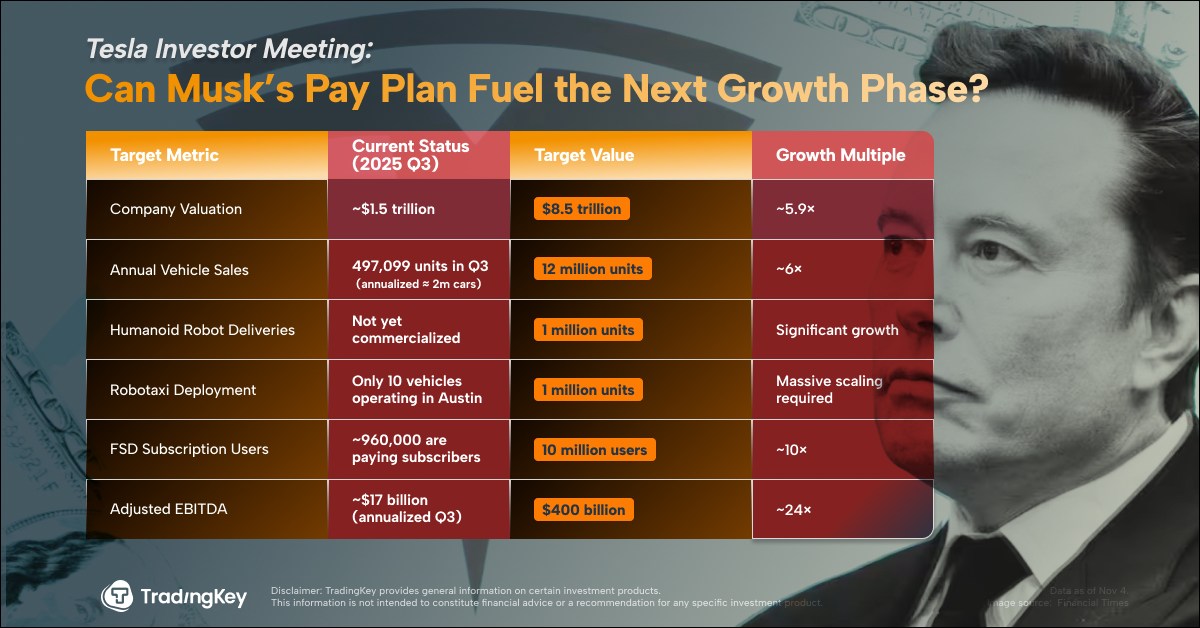
What If Musk Leaves? The “Plan B”
The board insists that without Musk leading Tesla — or without strong incentives for him to stay — the outcome would be negative for all shareholders.
Denholm acknowledged that many institutional investors follow proxy advisor recommendations like those from ISS and Glass Lewis, making the vote’s outcome uncertain.
Still, the board is not preparing for defeat — but Denholm did reveal a contingency plan. In a recent interview, she said they are planning for orderly transitions — most likely internal ones.She added that while no successor is ready today, the board is open to considering external candidates if needed.
In a move to further align Musk’s priorities with Tesla’s future, shareholders will also vote on whether Tesla should invest in xAI, the AI startup Musk founded after leaving OpenAI.
xAI is now valued at $200 billion, having developed the Grok large language model and advanced AI infrastructure.
While details of the investment proposal remain limited, analysts see it as a signal that Tesla intends to deepen its integration with Musk’s broader AI ecosystem — reinforcing the argument that Musk’s leadership is central to Tesla’s next phase.



